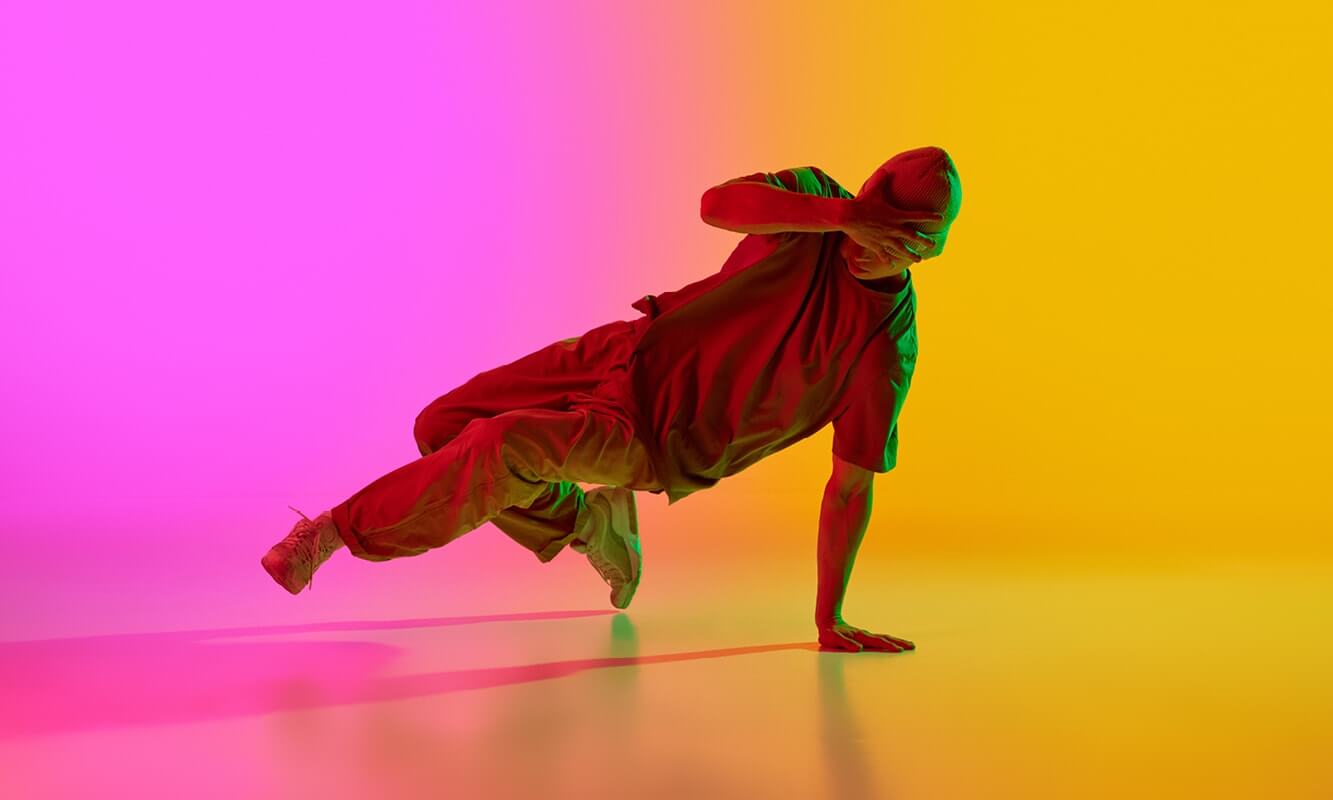As I write this, the Olympics are on (you may have heard) but by the time you read this they’ll likely be finished, albeit that the television coverage will probably have several months to run.
TV networks love broadcasting the Olympics, but in order to get the rights they have to fork over several trillion dollars, a private jet for every IOC delegate (living or dead) and the tears of a flying unicorn captured in the Holy Grail. That means that in order to get value for money, they need to broadcast Olympics-related content 24/7, on several different channels, and regardless of whether or not any events are actually on.
Since it can become somewhat boring watching the same thing over and over again (unless you happen to be a fan of soap operas, in which case the Olympics coverage is your heaven) the networks intersperse replays with expert observations from former Olympians, and supposedly humorous commentary from clueless television personalities who know as much about sport as they do about Bose-Einstein condensation.
One network even hauled out a former champion to provide a sort of ‘thought for the day’ at the end of the news report, which they delivers exactly as you would expect someone who spent their entire life on a running track would. That is, with all the ease and comfort of John Howard addressing the Annual General Meeting of the CFMEU.
Of course, even with this saturation coverage, the Olympics is still a spectacle. It has delivered passion, rivalry, ups and downs, humanity at its highest and lowest, controversy, accusations and recriminations – and that was just the opening ceremony.
You may have seen this, and noted that it generated a certain amount of controversy in the same sense that Steven Miles spends a certain amount of money on air travel. It featured a performance piece which was – depending on your beliefs, values and base load level of outrage – either an offensive parody of a religious painting, or an ancient Greek Bacchanal, honouring Bacchus, the god of wine and revelry. Personally, my first thought was that the guy from the Blue Man Group had really let himself go.
Then I thought perhaps before he took the stage, the poor bloke had taken a quick dip in the Seine, and become irradiated. The Seine is a river in France that is so contaminated it makes the Brisbane River look like Champagne.
Of course, I shouldn’t really say that – not because the Seine isn’t filthy, but because the French do not allow us to use the word Champagne; in fact it drives them in-Seine when we do (Ho ho! I’m here all week, try the fish…). The French say we can’t call our champagne ‘champagne’ because ours is better and theirs cannot compete with it. Actually, they bang on about tradition, culture, something called lees, and the tears of a flying unicorn, but like everything else the French say about wine, nobody believes it.
There has also been some sport at these Olympics – something that is getting rarer with each Olympiad. This edition includes things that aren’t really sports, such as breakdancing, artistic swimming, tennis and golf. I am sure that in the future we will see things like Scrabble, speed dating and Dungeons & Dragons (at least I hope so; my level 9 ranger is a certainty for gold in D&D).
There have been some good performances, of course; many triathletes recorded best-ever times for the swim leg, although this may have been because they emerged from their warm-up in the Seine having developed webbed feet. A Chinese swimmer also set an amazing time in one of the races, and he may have trained in the Seine as well, as on closer inspection his body appears to have developed a dorsal fin and a propeller.
So far our athletes have done very well at these Olympics, and we can be well proud of their efforts. One of the great things about the Olympics is that we can share in the victories of our Olympians, because we are part of the culture that created them, part of the society that nurtured their dreams and – above all – part of the taxpayers who paid the taxes that made it all possible.
One of the ways we share in this experience is by indulging in Instantaneous Expert Syndrome (IES), which is the belief that – despite having no relevant experience, qualifications or ability in a given discipline – we can become experts in it by watching TV and surfing the internet.
The Olympics is the most regular outbreak of IES, although you probably recall the biggest one, which occurred during the recent pandemic. Once it was declared, people became convinced that five minutes of research on the web put them in a far better position to evaluate treatment protocols than scientists, epidemiologists, virologists and the like. If that sounds familiar, it is also the method favoured by most politicians.
Anyway, every four years the Olympics introduce us to strange sports from faraway lands, and pretty much overnight people whose most vigorous physical activity on a daily basis is Wordle are suddenly pointing out the flaws in the finger-spacings of the archery contestants.
I confess I have even indulged in IES. The first time my brother and I saw a game of lawn bowls was quite late at night, after we had arrived home after an evening of stimulating conversation, philosophical debate and beverage appreciation at an august and venerable establishment known as the Cecil Hotel.
We sat down in front of the TV to continue appreciating beverages, and the only thing on was lawn bowls. Within minutes we were pointing out the flaws in the delivery of various players, predicting where each bowl would go and offering opinions on how the players could improve their footwork, despite having learned just that night that lawn bowls were not delivered over-arm. Even my Mum joined in; she said, “Will you idiots shut up and go to bed?”
Anyway, I will need to cut this short as the next event is about to start and I need to point out to my wife the mistakes in route selection made by the Sport Climbers – at least until she makes me go to bed.
© Shane Budden 2024















Share this article